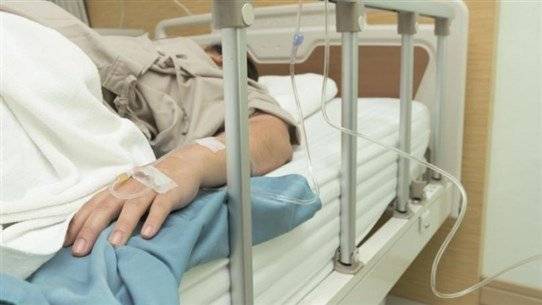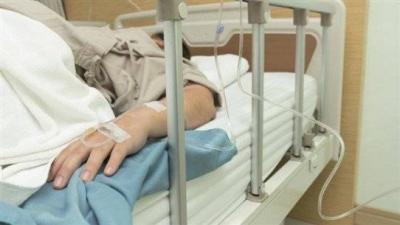Less than two weeks after the appearance of cholera in Akkar, the "Halba Government Hospital" raised the alarm due to its inability to accept more suspected cases. As a result, the Ministry of Health instructed that new patients be transferred to hospitals in Miniyeh and Tripoli. This rapid declaration of incapacity coincided with an increase in cases exhibiting cholera symptoms in Akkar towns, particularly in Bebnin. Medical sources recorded about one hundred diarrhea cases admitted to the "Iman Health Center" in Bebnin.
In this context, the Mukhtar of Bebnin, Zahir Al-Kassar, announced that "cholera infections are starting to go out of control from the Syrian refugee camps and Lebanese towns, due to the rising number of infected individuals and the inability of Halba Government Hospital to admit patients." He confirmed the existence of three suspected cases that were not admitted to the hospital due to "lack of beds."
Al-Kassar appealed to the Minister of Health, the "World Health Organization," and the "United Nations High Commissioner for Refugees" to intervene immediately, stating that "neither the displaced nor the host Lebanese communities have the capability to face this dangerous and deadly health challenge in light of the extremely difficult living, economic, and life conditions."
In a conversation with "Al-Akhbar," he emphasized "the urgent need to secure clean drinking water, household water, and necessary cleaning and sterilization tools to disinfect vegetables and fruits for the residents of the refugee camps and some neighborhoods in several villages and towns surrounding them, as well as providing necessary medicines and serums; otherwise, the epidemic will enter every home."
Sources from "Halba Government Hospital" reported that "more than 20 cases are currently in the hospital showing cholera symptoms," confirming that "the hospital's capacity has reached its peak and some patients are being transferred to public hospitals in the north, with most cases being treated in the hospital's emergency department, accepting only very severe cases."
The sources emphasize that the cholera situation is much more serious than the "Corona" epidemic due to "patients collapsing within hours, with many entering a coma within three to four hours from the onset of symptoms, which is extremely dangerous."




